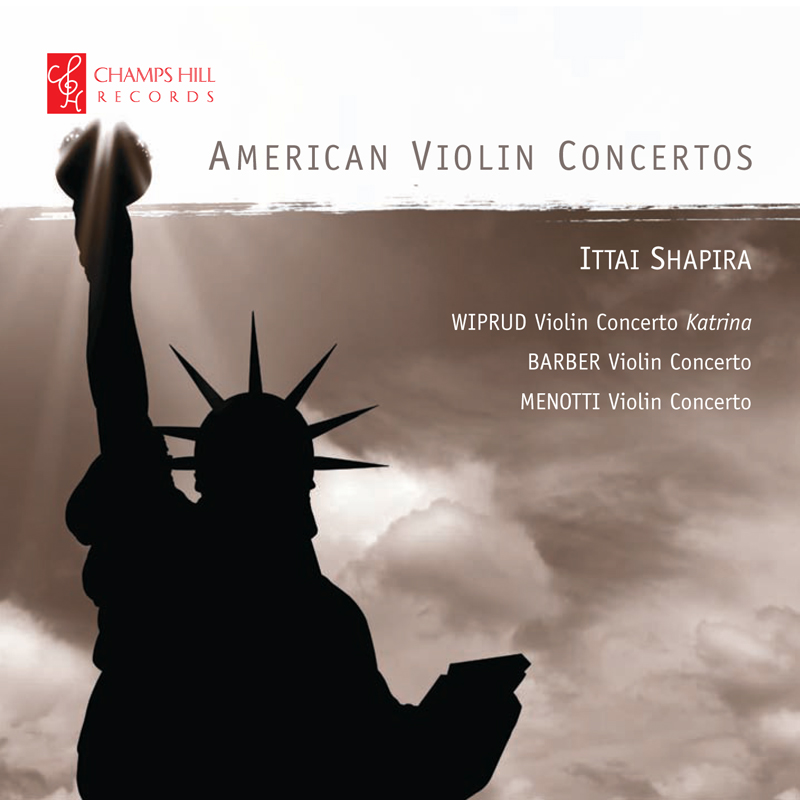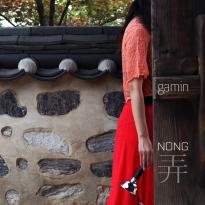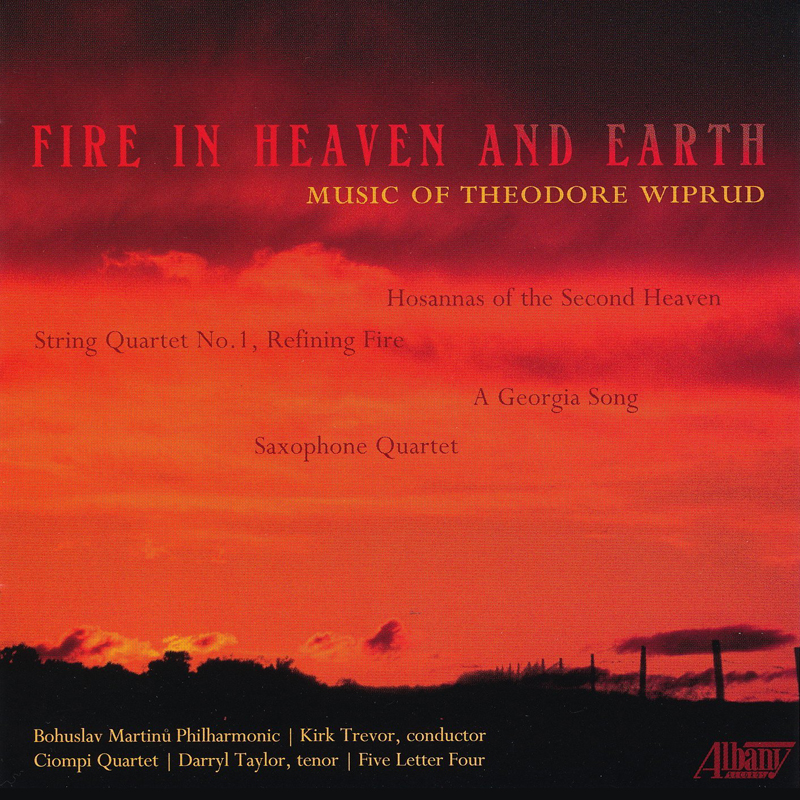When I was a graduate composition student in the early 1980s, I was surrounded by music I really didn’t get but desperately wanted to. We were supposed to model ourselves on this music. Composers like Carter and Birtwistle and Xenakis, their music seemingly from outer space – highly rational yet impenetrable to me then. It certainly did not influence the way I heard or created music. My own music was more rooted in Brahms, Bartok, Janacek, Debussy, Copland.
Fast-forward to 2010, when I began to fall in love with gugak, Korean traditional music. Now, gugakis an acquired taste. (The gateway style is samul nori– sample at your own risk!) But over the last six years, I’ve composed a small catalogue of pieces for gugakinstruments, and gugakelements have worked their way into my musical vocabulary. To be clear, gugakis no more likely to become a popular staple than is Xenakis. But apparently it provided what I was needed at the time – evocative sounds I didn’t quite understand, that made me curious.
Then just last week I attended a blistering performance of Xenakis’ Tetrasby the JACK Quartet. I was absolutely blown away, even though, to some extent, I have defined my work in opposition to music like this. Tetrashas a mysterious logic all its own. I’ve pored over the score (viewed in the Special Collections of the New York Public Library – a trip in itself) and two different recordings. Like gugak, Tetraswill never give up all its secrets. And that’s what excites my creativity. How can these sounds – string instruments played in many ways not originally intended! – change my own creative voice? The timing is right because I’m embarking on a new quintet for percussion with strings. As I did with Mudangand Nonghyun, I want to bend the string quartet, which is infinitely malleable, into a sound world where percussion, both pitched and unpitched, is a natural partner. Xenakis was there 30 years and more before me.
As different as brainy, modernist, experimental Xenakis is from the thousands-years-old folk-rooted gugaktradition, they are in a way equivalent to me – they are both source material for me to transform through my own voice.
Should we give that a second thought? Just recently I joined musicians of the South Dakota Symphony in Washington DC to hear music from the Lakota Music Project (SDSO’s long-running collaboration with Native American musicians and students) alongside “Indianist” music created early in the 20thcentury by white composers, like Arthur Farwell, who used Indian myths, rituals, and musical elements as source material. Some call the Indianists’ music cultural appropriation. (I’ve written about my own inspiration from Native American sources here.)
Would anyone say it’s cultural appropriation for me to find inspiration in the music of a Greek-French communist architect-composer who was born almost forty years before me? I haven’t lived his life. I hear his music out of its original context. But influence from Xenakis was what graduate school expected of me. If we don’t have qualms about inspiration from his work, maybe that’s because it’s understood that’s how our art form progresses.
I understand that power dynamics are key to the concerns about cultural appropriation. (As though I hold some magical economic power as a modern classical composer!) And no one is less enfranchised in America than its original inhabitants. So here, the question of appropriation merits serious consideration. The message I heard recently from the Native American musicians commenting on the white Indianists was – who cares? That’s nothing to do with their culture. Farwell’s Indian sources are not even recognizable to them. What matters to them are the new opportunities coming through the Lakota Music Project – they are in fact being influenced by “Western” classical instruments and techniques. It’s a two-way street. And when it comes to gugak, I’ve collaborated with many traditional musicians who are thrilled that I’m reimagining their traditions. Moreover, the Korean government awards fellowships to such as me specifically to study gugakand adapt it to new forms.
Influence is where we find it and we might as well admit it. In my case, new sounds always seems to turn up just when I need them. So long as the music I compose out of the encounter is genuine and compelling, I feel I am showing my affection and respect. Still, it just boggles my mind though that after all this time, it’s Xenakis who is showing me the way ahead. And that his music draws crowds of enthusiastic young listeners. Who knows, maybe gugak’stime may also come.





